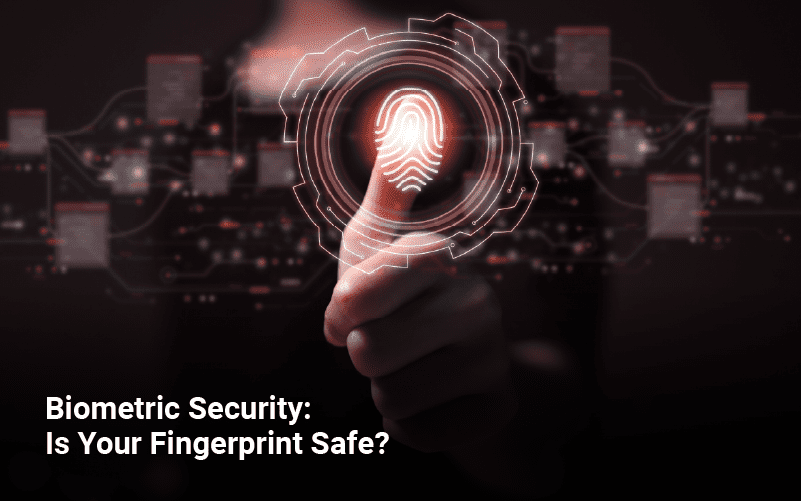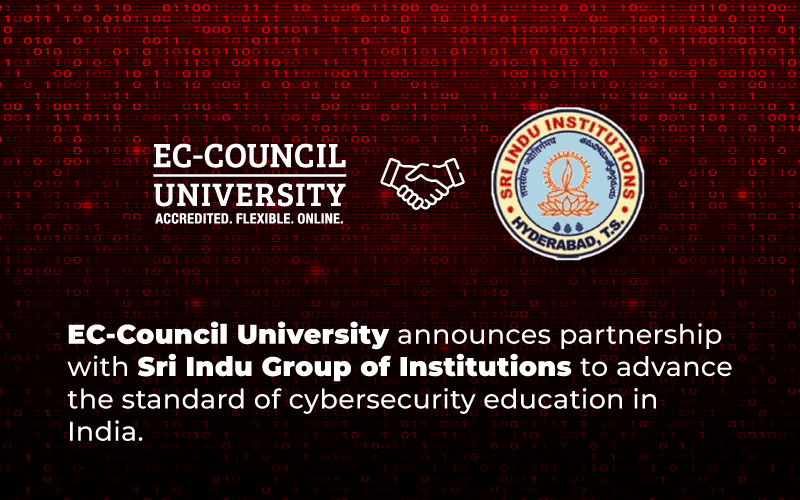In the ever-evolving digital world, cybersecurity has taken center stage, and ethical hacking is one of the most in-demand career paths within this field. Cybercrime, expected to reach $6.4 trillion between 2024 and 2029, has led to a pressing need for professionals capable of securing critical systems (Statista, 2024). Ethical hackers identify and mitigate vulnerabilities, helping organizations fortify their defenses before cybercriminals exploit them. With over 3.5 million vacant cybersecurity jobs globally, certifications in ethical hacking offer a non-degree route that can fast-track career growth and position individuals at the forefront of cybersecurity (Cybercrime Magazine, 2024).
The Rise of Ethical Hacking Certifications
Ethical hacking certifications like the Certified Ethical Hacker (C|EH v13) have become essential qualifications in the cybersecurity world. The rise of certifications has enabled individuals without formal degrees to acquire highly specific, industry-relevant skills. These certifications focus on practical, hands-on learning, often incorporating real-world scenarios that closely mimic ethical hackers’ daily tasks.
Why Choose Certifications Over Degrees?
While degrees in cybersecurity are often seen as a traditional route, certifications offer several unique advantages:
- Cost-Effective Education: A degree in cybersecurity can cost anywhere between $30,000 to $50,000 over a few years, while certifications are typically much more affordable. For example, the C|EH v13 certification, a globally recognized program offered by EC-Council University, can be completed at a fraction of the cost of a degree, making it an appealing option for individuals on a budget.
- Flexible Learning Paths: Certifications allow students to learn at their own pace, which is critical for working professionals looking to upskill while maintaining full-time employment. Many certification courses, including the Ethical Hacking & Countermeasures course by EC-Council University, offer a flexible, 100% online learning environment, making it easier for learners to manage their time.
- Updated, Industry-Relevant Knowledge: The cybersecurity landscape constantly changes, with new threats emerging regularly. Certifications are updated frequently to reflect the latest technologies and attack methods, whereas degree programs can often become outdated. For instance, the C|EH v13 has incorporated AI-driven techniques, including advanced AI tools like ShellGPT and Resemble.AI, ensuring that certified professionals remain at the cutting edge of cybersecurity.
The Certified Ethical Hacker (C|EH v13) – A Top Choice
One of the most respected certifications for ethical hackers is the Certified Ethical Hacker (C|EH v13), a program offered by EC-Council University. It equips learners with technical skills, AI knowledge, and hands-on experience, which are critical in today’s cyber defense landscape. The course focuses on the five phases of ethical hacking: Reconnaissance, Gaining Access, Enumeration, Maintaining Access, and Covering Tracks. Each phase is enhanced by integrating AI, equipping learners with advanced tools to counter increasingly sophisticated threats.
In addition to its robust curriculum, C|EH v13 focuses on practical skills through virtual lab environments. These labs simulate real-world attacks, helping students develop practical expertise and problem-solving abilities. Moreover, the certification covers cutting-edge topics like quantum computing threats, Active Directory attacks, and post-quantum cryptography—all critical in today’s cyber landscape.
Job Opportunities and Career Prospects
With certifications, professionals open themselves up to a wide range of job opportunities. Ethical hacking certifications can steer to positions such as Penetration Tester, Security Analyst, Incident Responder, and Security Consultant. These roles typically offer attractive salaries, with penetration testers earning between $132,648 annually or $63.77 per hour, depending on experience and location (Talent.com, 2024).
The Future of Ethical Hacking: AI-Driven Cybersecurity
As the field of cybersecurity evolves, the integration of AI and machine learning into ethical hacking practices is becoming more critical. In response, certifications like C|EH v13 now incorporate AI-driven tools to enhance preemptive defense strategies. AI and machine learning allow ethical hackers to automate the detection of vulnerabilities, making it easier to stay ahead of cybercriminals.
Advanced tools such as FraudGPT, Nebula, and WormGPT—introduced in C|EH v13—allow ethical hackers to identify complex threats faster and more accurately. Adding quantum computing threats and post-quantum cryptography further guarantees that certified professionals are armed to handle emerging technologies and their associated risks.
Why Ethical Hacking Certifications Matter
Ethical hacking certifications offer an efficient, cost-effective, and practical route to a successful career in cybersecurity. As cyber threats evolve, professionals need more than just theoretical knowledge—they require hands-on, practical skills that can be instantly employed in the real world. Ethical hacking certifications like C|EH v13 provide just that, with a continuously updated curriculum that reflects the latest industry trends, including the use of AI and machine learning in cybersecurity.
In a world where cybercrime is rising and companies struggle to fill cybersecurity positions, certifications offer a direct path to fulfilling, high-paying jobs. Whether you’re just starting or are an experienced IT professional looking to pivot into cybersecurity, ethical hacking certifications can equip you with the skills, knowledge, and credentials needed to succeed.
References:
- Statista. (2024). Estimated cost of cybercrime worldwide 2018-2029 https://www.statista.com/forecasts/1280009/cost-cybercrime-worldwide
- Skillsoft. (2023). IT Skills & Salary Report https://s3.us-east-1.amazonaws.com/skillsoft.com/prod/resources/Skillsoft-IT-Skills-and-Salary-Report-2023.pdf
- Talent.com. (2024). Penetration Tester average salary in the USA, 2024 https://www.talent.com/salary?job=penetration+tester#:~:text=The%20average%20penetration%20tester%20salary%20in%20the%20USA%20is%20%24132%2C648,up%20to%20%24171%2C538%20per%20year.








